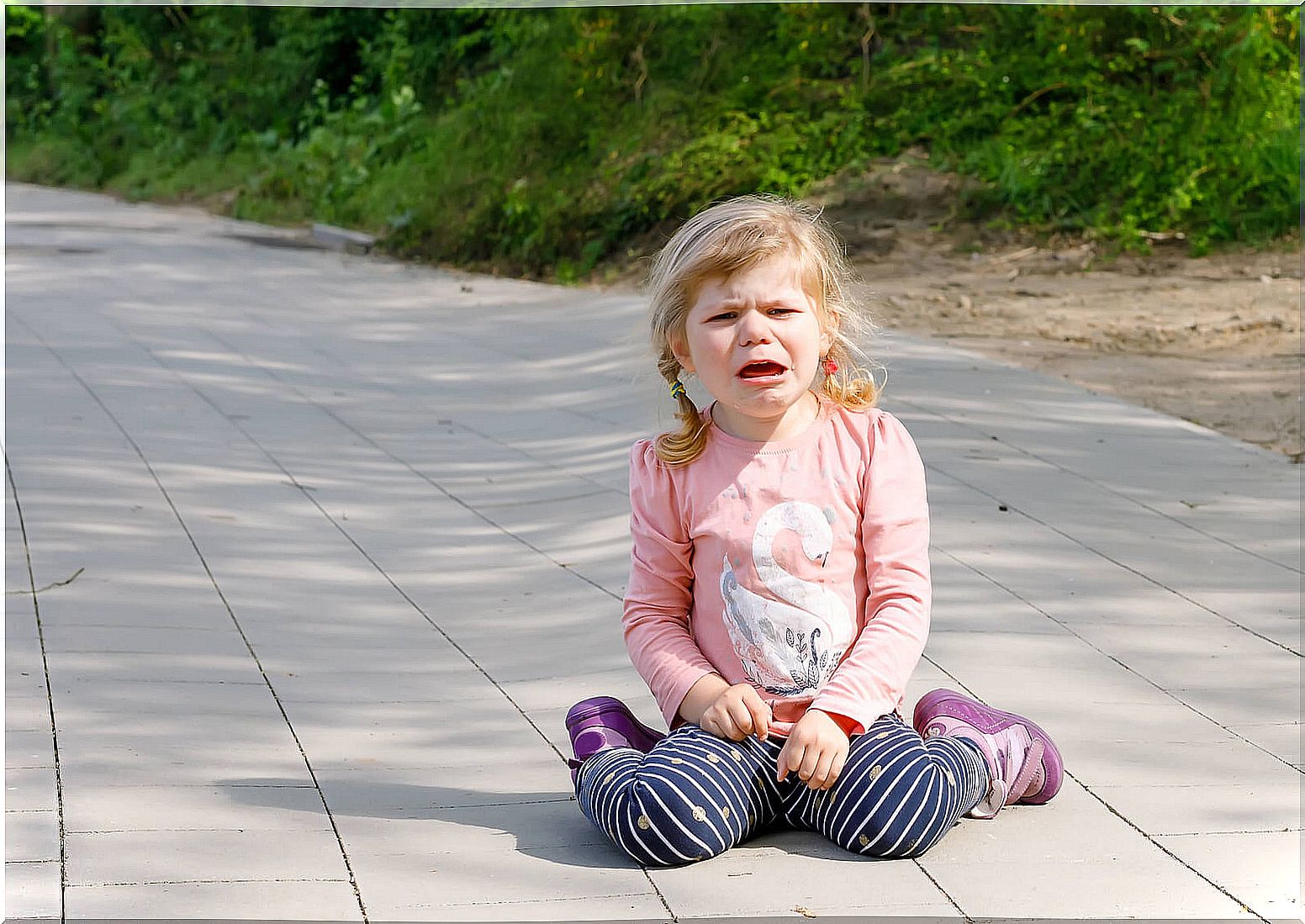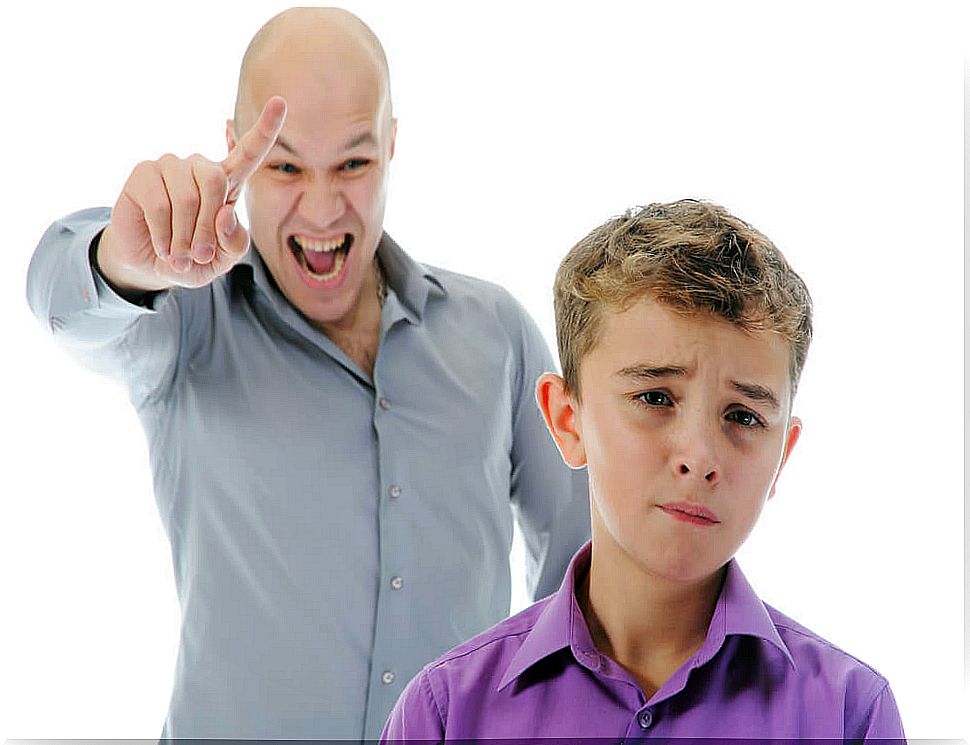What To Do When Your Children Test Your Limits

It’s not easy to set limits for young children when time after time they just want to do what they want. They try to undermine your authority to show that they too have a say or to get your attention. But it is important that, as a parent, you think about the future of your child and that you do not worry if you have to say things over and over again (calmly and lovingly) until they understand them.
It is important that, when you speak to your children, you are clear about what you want to say so that they know exactly what you expect them to do at all times. We say “no , ” “stop , ” and “come here” over and over again, hoping to avoid a fuss, because it takes even more time, and honestly, it can be very tiring for parents to be like this every day.
Are they testing your limits?
You may feel like your kids are “testing” you because these often adorable, charming, and cheerful little ones look us in the eye and hit or bite or ignore us once again. This is the key with young children: they need us to be calm and consistent.

They need us to communicate in very clear words, to teach them, patiently and frequently, exactly what it is we want them to do, learn and how to be better every day.
Ideas to guide your child in a positive way with limits
If you want to know what to do when your children test your limits, we are going to give you some ideas to guide your little ones in a positive and productive way.
First, describe what you see: After spending all day trying to put the clothes in the drawer, you see that he is very busy taking them back. Once you’ve seen him, you go to his side and say, “Mom just finished putting all those shirts and socks in the drawer. Can you put them back with me? One, two, three… Let’s go! ”.
What if your kid looks at it with that mischievous glow and runs in circles to come back and get his arms out of the drawer? Instead of “No!” or the “I told you to stop!” try this: “It’s too difficult for you to keep clothes where they belong now. I’m going to pick it up and put it away ”. Then say something like: “Since the clothes have to be stored in the drawer because they are not for playing, we are going to read a book or play with the blocks.”
Now, you have followed with what you said (that the clothes belong to the drawer). You have given him the option to join you and, by keeping him cheerful, you stay emotionally connected without disrespecting him at any time. You have stopped the behavior without punishment or bad language. You have helped him go from a “trial” moment to a better one.
You are their best guide when they test your limits
Now, you can learn a little more about how to control yourself. You have stepped in by being the guide you need rather than the disciplined one who is really more concerned with control and loss of it. So what about the most extreme moments? Hitting, biting, tantrums, crying or colds …

Stop the painful behavior by saying something like, “I’m going to stop you from biting me, because it hurts . ” Then state the feelings involved and describe what you see : “You are really frustrated because you would like me to play with you and I am very busy talking to Dad.”
Offer what they want and how you can participate in it : “It’s so hard to wait when I’m busy, isn’t it? Would you like me to hold you until I finish talking to Dad? It’s okay to pause the conversation with your spouse and give your young child your full attention to ease the tension.
Then you can say something like, “Dad and I need to finish talking now. Do you want me to keep hugging you or are you ready to go downstairs and find a book to look at while you wait?
When your kids test your limits …
With less attention to the “wrong” behavior and much more to how you would like them to behave in difficult times, you will discover the real growth that will take place. You will be their best guide, which means, in the long run, that you will have a “disciplined” child, someone who can handle himself, who will know what to do and how to be, who is likely to listen and respond, and who cooperates or collaborates.










